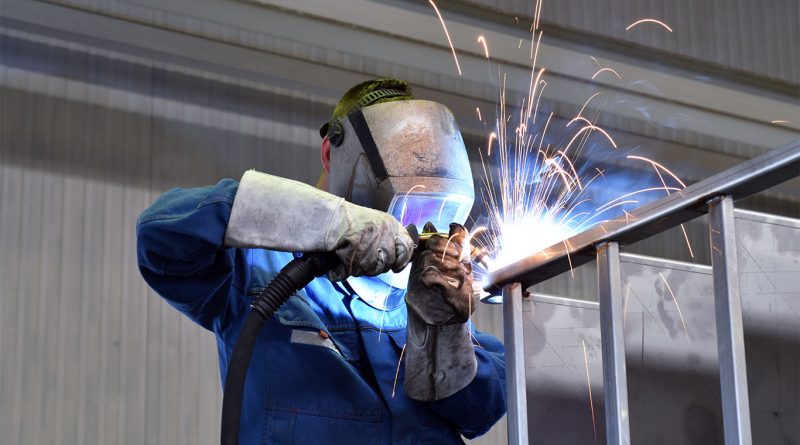Liberty Steel’s failure prompts major government intervention
Subscribe to our free newsletter today to keep up to date with the latest construction and civil engineering news.
The UK government has placed Speciality Steel UK (SSUK), the nation’s third-largest steelworks, under direct control following a High Court decision granting a compulsory winding-up order. This intervention, announced on 21 August 2025, marks a significant escalation in the domestic steel sector’s ongoing challenges.
SSUK, which operates in Rotherham and Stocksbridge in South Yorkshire, employed around 1,500 staff. The court labelled the business “hopelessly insolvent.”
The Official Receiver, Gareth Jonathan Allen, was appointed as liquidator, supported by consultancy firm Teneo as special managers. The government now assumes responsibility for payroll and operations while it searches for a buyer. Wages will continue to be paid in the interim.
Liberty Steel, the parent company of SSUK, is part of Sanjeev Gupta’s GFG Alliance. Its UK operations have faced scrutiny since the collapse of its primary lender, Greensill Capital, in 2021. This is one of the most direct government interventions in the sector since British Steel’s near-collapse earlier in 2025.
Liberty Steel’s financial troubles exposed in court
The ruling revealed the fragile state of Liberty Steel’s finances. The company had just £600,000 to £650,000 in the bank, set against a monthly wage bill of more than £3.6 million. This imbalance demonstrated its liquidity crisis and failure to restructure or refinance.
Liberty had proposed a pre-pack administration supported by BlackRock and Fidera, aiming to preserve key assets. The court rejected the plan, finding no viable route to recovery. The judgment reflected a broader lack of confidence in GFG’s structure and financial governance.
Liberty’s leadership criticised the decision, arguing it would increase costs for taxpayers and cause further disruption. Nonetheless, without a credible alternative, state control was deemed necessary to prevent operational collapse.
Strategic importance of the South Yorkshire plants
The Rotherham and Stocksbridge plants are key suppliers of high-grade steel for aerospace, defence, and energy. Their loss would affect UK manufacturing supply chains.
Trade unions, including GMB and Unite, cited mismanagement as the core issue, not market decline. They urged the government to protect jobs and ensure a stable steel sector in the region.
Local authorities support the call for a long-term industrial strategy, seeing steel as an economic asset rather than a market commodity. The situation aligns with growing interest in reducing import dependency across strategic industries.
How the UK steel industry reached this breaking point
Liberty Steel’s problems reflect deeper issues within the UK steel sector. GFG Alliance expanded rapidly, largely financed by Greensill Capital, which collapsed under allegations of fraudulent invoicing.
Subsequent investigations by the Serious Fraud Office and other regulators left GFG unable to secure new financing. The issues seen at SSUK also affect operations across Europe and Australia.
Earlier in 2025, the government used emergency legislation, the Steel Industry (Special Measures) Act, to take control of British Steel’s Scunthorpe plant. The similarities between the two cases point to a sector under sustained strain.
Sources:
